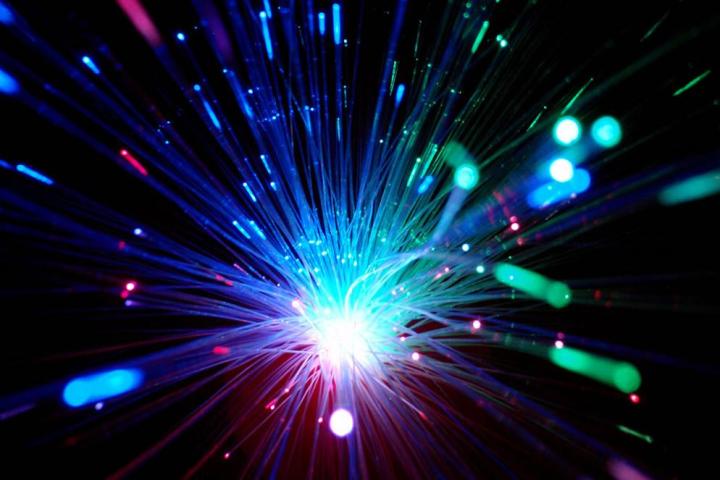
Fiber internet just took a big step forward in the U.S. Almost a decade after Representative Anna Eshoo of California submitted the so-called “Dig Once” legislation, which requires fiber conduit installation during federally funded road projects, the bill was passed by the U.S. House of Representatives. It is now headed to the U.S. Senate, where it is also expected to pass.
As per an announcement from Eshoo’s office, the Dig Once policy “mandates the inclusion of broadband conduit — plastic pipes which house fiber-optic communications cable — during the construction of any road receiving federal funding.” That could significantly accelerate the process of implementing fiber internet, which has historically been a rather time-consuming project. Eshoo added, “This will reduce costs drastically and increase access for communities across the country,” making it “easier for states and broadband providers to enter new and underserved markets,” Eshoo said.
As Ars Technica reported, Dig Once is one of the few pieces of legislation in Congress that has enjoyed bipartisan support. After all, it seems that all constituencies are quite bullish on the need for faster and more reliable internet, which is provided by fiber cables. If the bill passes the Senate, it’ll then go to the president’s desk, where it will await a final signature. And although Dig Once exclusively addresses federally funded construction projects, there are other versions of the same policy that have already been signed into law by some states and cities.
The success of the bill comes as part of a larger reauthorization of the Federal Communications Commission, which has been the source of much controversy over the past few months, what with its decision to roll back the previous administration’s net neutrality measures. This latest reauthorization includes a number of telecom-related action items, including a provision that will allow the FCC to call for further spectrum auctions. These auctions could in turn pave the way for 5G wireless networks.
As FCC Commissioner Michael O’Rielly noted, “Once this becomes law there are several large-scale spectrum auctions for mid-band and millimeter wave spectrum — especially the upper 37GHz (37.6-38.6GHz) — that the Commission needs to conduct in the very near future.”
Editors' Recommendations
- Google Fiber is bringing high-speed internet to five new states
- AT&T becomes ‘un-ISP’ of fiber internet with Hypergig plans


